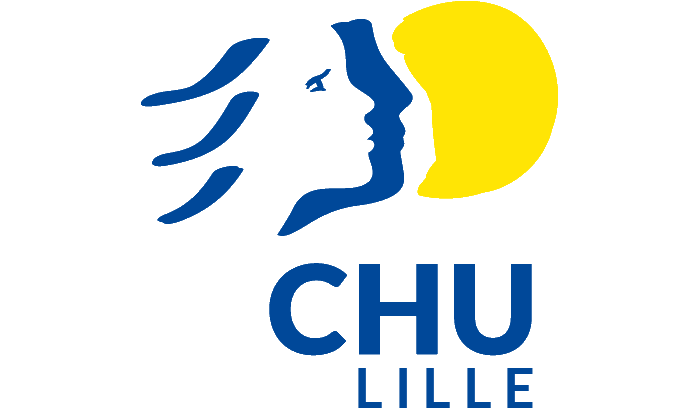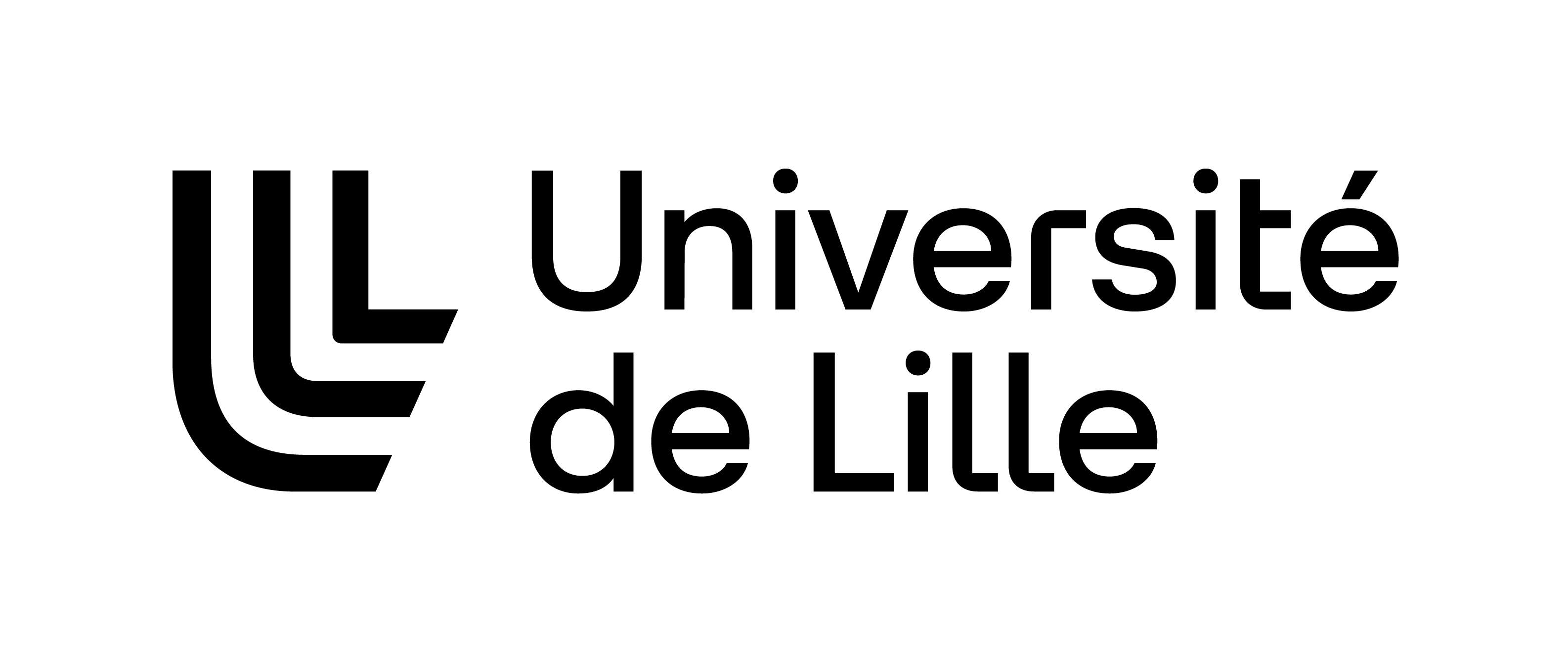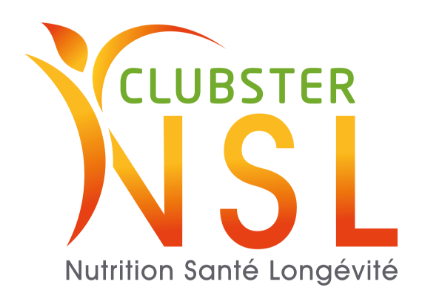-
Chemistry and Materials
-
Digital World and Robotics
-
Health and Nutrition
Institute for Translational Research in Inflammation (INFINITE)
Research unit - U 1286
Our laboratory focuses on the study of inflammation, from its origins to its consequences. We study digestive and systemic inflammatory diseases as models to evaluate the origin of inflammation, its pathophysiology, and its consequences (fibrosis and altered regeneration). We develop new drugs, therapeutic strategies and biomarkers. Each model and each project benefits from INFINITE's complementary and transversal areas of expertise (complementary medical and scientific expertise) to characterize the causes and consequences of chronic inflammation. The close relationship between INFINITE and the FHU/clinical departments ensures that scientists have access to biological resource centers and well-defined cohorts of patients with chronic inflammatory diseases. This allows for high-level translational research, which is the hallmark of INFINITE. Our program is based on scientific questions organized in four interconnected Work Packages (WPs) exploring: the origins of inflammation (environment, microbes) (WP1), mechanisms of chronic inflammation, regenerative disorders (WP2), fibrosis (WP3) and innovative therapeutic and diagnostic approaches (WP4). These Work Packages are designed to study interactions between environmental factors/microbes, epithelial cells, the mucosal barrier and the immune system, leading to the development of innovative treatments and diagnostic tools.
-
Virginie Chameroy
Research director -
Laurent Dubuquoy
Director
1, Place de Verdun
Pôle Recherche de la Faculté de Médecine, Campus Santé, Université de Lille
59045 LILLE
http://lille-inflammation-research.org/fr/

Effectif
Effectif total : 128
Personnel de recherche : 64
Personnel d'appui à la recherche : 37
Skills
• Big data and deep learning
• Functional characterization of the inflammatory status of microbial strains
• Chemistry and Drug Design
• Surgery
• Effects of air and food pollutants on inflammation and gut dysbiosis
• Environment
• Epidemiology
• Evaluation of antimicrobial molecules
• Risk assessment
• Fibrosis
• Immunology
• Immunotoxicology
• Inflammation
• Chronic inflammatory diseases
• Microbiology
• Intestinal microbiota
• Microbes and intestinal homeostasis
• Molecular modeling
• Nutrition
• Clinical observation and follow-up
• Pathophysiology of epithelia
• Digestive pathophysiology
• Anti-inflammatory therapies
Example(s) of projects
• CPER RESIST-OMICs: Resistance and Complication in Chronic Inflammatory Diseases
• FHU PRECISE (Precision Health in Complex Immune-Mediated Inflammatory Disease)
• Label Team FRM
• ANR EVICTION
• I-Site ULNE pilot project "Santé Environnement"
• I-Site ULNE pilot project "Phenomix"
• Projet HdF STIMULE "IMPULSE"
• Projet HdF STARTAIRR "PARTICIPE: Potential of TGR5 Receptor Agonists in Colon and Intestine Inflammation: Experimental Evidence"
• Mechanism of regulation of lactase gene expression
• Failure of liver regeneration in the context of alcoholic hepatitis
Example(s) of publications
• Bernocchi B, Carpentier R, Lantier I, Ducournau C, Dimier-Poisson I, Betbeder D (2016). Mechanisms allowing protein delivery in nasal mucosa using NPL nanoparticles., J Control Release. 232(), 42-50, DOI: 10.1016/j.jconrel.2016.04.014 🡭
• Vignal C, Pichavant M, Alleman LY, Djouina M, Dingreville F, Perdrix E, Waxin C, Ouali Alami A, Gower-Rousseau C, Desreumaux P, Body-Malapel M. (2017). Effects of urban coarse particles inhalation on oxidative and inflammatory parameters in the mouse lung and colon, Part Fibre Toxicol. 14(1), 46, DOI: 10.1186/s12989-017-0227-z 🡭
• Tuo W, Leleu-Chavain N, Spencer J, Sansook S, Millet R, Chavatte P (2017). Therapeutic Potential of Fatty Acid Amide Hydrolase, Monoacylglycerol Lipase, and N-Acylethanolamine Acid Amidase Inhibitors, J Med Chem. 60(1), 4-46, DOI: 10.1021/acs.jmedchem.6b00538 🡭
• Sanges S, Jendoubi M, Kavian N, Hauspie C, Speca S, Crave JC, Guerrier T, Lefèvre G, Sobanski V, Savina A, Hachulla E, Hatron PY, Labalette M, Batteux F, Dubucquoi S, Launay D (2017). . B Cell Homeostasis and Functional Properties Are Altered in an Hypochlorous Acid-Induced Murine Model of Systemic Sclerosis, Front Immunol. 8(), 53, DOI: 10.3389/fimmu.2017.00053 🡭
Collaborations/Partners/Scientific clients
Institut Cochin, Paris, Institut Mondor de recherche biomedicale, Créteil, LPCA, ULCO, ULCO, ANSES, UMR 454 MEDIS, UMR 1241, Inserm, Université de Rennes 1, UMR1137, Paris, UMR1071, Université de Clermont Auvergne
International:
University of Perugia (Italy), University of Oslo (Norway), University of Zurich (Switzerland), Leeds (UK), Royal Free Hospital London (UK)
Collaborations/Partners/Private Clients
Applications sectors
- Biotechnology
- Health / wellness
- Science / Research
Services provided
• Multiplex microfluidic analysis
• Molecular modeling
• Tomography
• Confocal and fluorescence imaging
• Identification of predictive biomarkers for the onset and progression of inflammatory diseases
• Identification of the causes of pathological inflammatory phenomena
• Development of new experimental animal models
• Models of experimental fibrosis
• Analysis of the immune response
• Preclinical evaluation of anti-inflammatory and/or antifibrotic treatments
• Chemo-induced colitis models: DSS, TNBS, oxazolone
• Enteritis models: indomethacin, piroxicam
• Spontaneous enterocolitis model: IL10 KO mice
• Colorectal Cancer Model (AOM-DSS)
• Intestinal fibrosis model
• Oral, intraperitoneal, intravenous, intrarectal, intranasal, inhalation or via alzet pumps
• Adult, gestational, perinatal exposure
• Acute, sub-chronic and chronic exposures
Parameters evaluated : Endoscopic scores of colitis and tumorigenesis | Histological scores of colitis, enteritis, fibrosis and dysplasia | Quantification of the inflammatory response: Cytokines/chemokines/immune populations. qRT-PCR, Elisa, Western Blot, Immunohistochemistry, Flow cytometry | Epigenetic markers | Intestinal permeability (in vivo functional tests, in vitro TEER) | Measurement of oxidative stress | Dysbiosis (metagenomic analysis by 16S sequencing) | Cytotoxicity tests, viability, cell proliferation, cell cycle, apoptosis
• Performing antibiograms
• Evaluation of antimicrobial molecules on a panel of reference bacterial strains (aerobic and anaerobic)
• Determination of minimum inhibitory concentrations (MIC) of potentially bactericidal or bacteriostatic molecules, in solid and liquid media
• Evaluation of the anti-inflammatory potential of bacterial strains (cytokine induction test on human circulating blood mononuclear cells = PBMC)
• In vivo evaluation of the anti-inflammatory potential of bacterial strains in mouse models of experimental colitis (TNBS & DSS)
Training offers
• Support for health care professionals
Consulting services
• Positron emission tomography (PET) imaging for small animals
• Fluorescence microscopy imaging
• Confocal microscopy
• Micro-injector
• Slide scanner
• Molecular modeling
• Flow cytometry
• BSL2 laboratories
INFINITE also has a histology platform, a cell biology platform, a molecular biology platform, ...
See the full list of equipment: http://lille-inflammation-research.org/fr/liric/outils
Biological materials
• Plasma/serum/PBMC of patients with chronic inflammatory diseases (FHU PRECISE)
• Cell lines (Caco-2, HT29, I407, L-WRN, THP1...)
• Primary murine and human intestinal epithelial and immune cells
• Murine and human colonoids and enteroids
Affiliated institutions / organisations
Groups/Networks/Federations
Doctoral schools
Competitive cluster
Regional strategic areas of activity
- Chemistry and Materials
- Green chemistry
- Organic chemistry
- Digital World and Robotics
- Artificial intelligence, image processing, data science
- Health and Nutrition
- Food ingredients
- Genetics, biomarkers and biomolecules
- Medicine of the future: new health equipment and e-health
- New therapeutic approaches
- Safe, healthy and sustainable food





